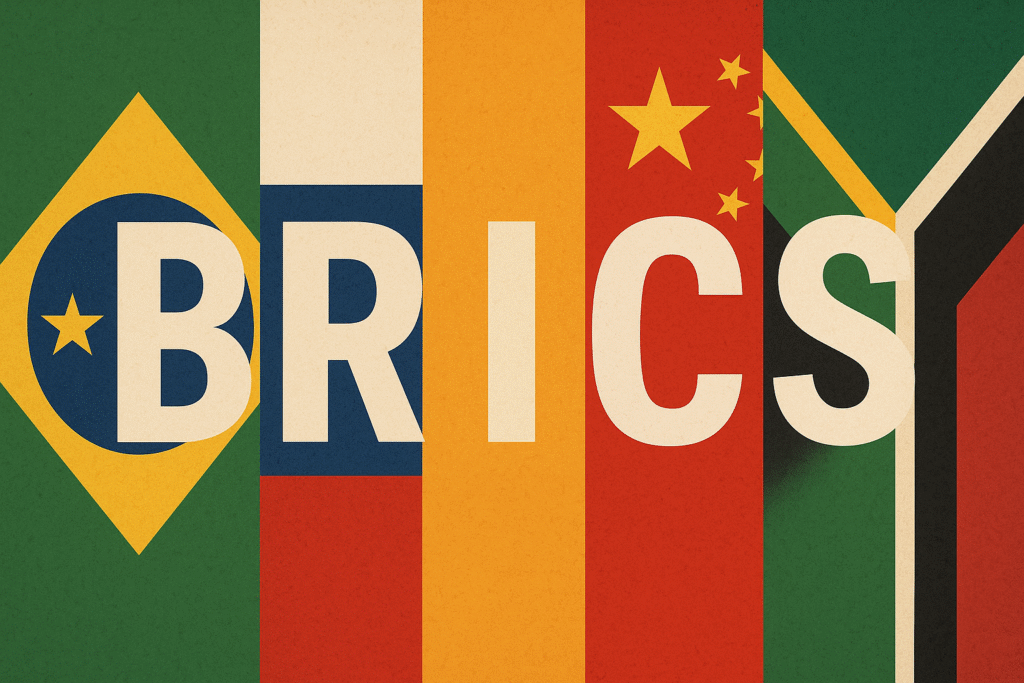BRICS Rejects “Emperor” Role Amid U.S. Tariff Uproar

Table of Contents
Lula Stands Firm at BRICS Summit
At the latest BRICS summit, held against the backdrop of rising global trade tensions, Brazilian President Luiz Inácio Lula da Silva issued a strong statement rejecting any return to hegemonic global leadership. “We are sovereign nations,” he said, directly responding to U.S. President Donald Trump’s newly announced 10% tariffs on all BRICS member nations.
Pushback Against Economic Coercion
President Lula emphasized that BRICS (Brazil, Russia, India, China, South Africa—and now expanded to include several new members) stands united in resisting economic coercion and dominance, a veiled critique of Washington’s recent protectionist moves. “We are not here to replace one empire with another. We don’t want an emperor—we want equality,” Lula said.
Trump’s Tariff Move Sparks Global Concern
President Trump’s 10% blanket tariff on BRICS nations was unveiled just days prior to the summit. Citing “unfair trade practices and national security concerns,” the move triggered a swift backlash from emerging economies and stoked fears of a renewed global trade war.
BRICS Response: Unity and Economic Resilience
BRICS leaders agreed on a joint communiqué reaffirming their commitment to multilateralism, balanced trade, and a rules-based global order. The group signaled intentions to further develop independent financial institutions, expand intra-BRICS trade in local currencies, and reduce reliance on Western-led financial systems.
Geopolitical Implications
Analysts note that the current U.S. tariffs could backfire by accelerating the BRICS de-dollarization agenda and drawing more countries into the Global South’s orbit. The summit highlighted increasing coordination on infrastructure financing, technology transfers, and alternative payment systems.
What’s Next
Trade Retaliation Possible: Several BRICS members hinted at reciprocal trade measures if the U.S. does not reverse course.
Currency Cooperation: BRICS finance ministers were tasked with outlining proposals for shared currency mechanisms to safeguard against future sanctions or tariffs.
Diplomatic Engagement: Despite firm rhetoric, BRICS leaders left the door open for dialogue with Washington, emphasizing diplomacy over escalation.
Conclusion
As global economic alliances shift, the BRICS bloc is asserting a clear message: it will not bow to unilateral pressure, and it seeks a multipolar world where sovereignty and mutual respect replace dominance and division.
